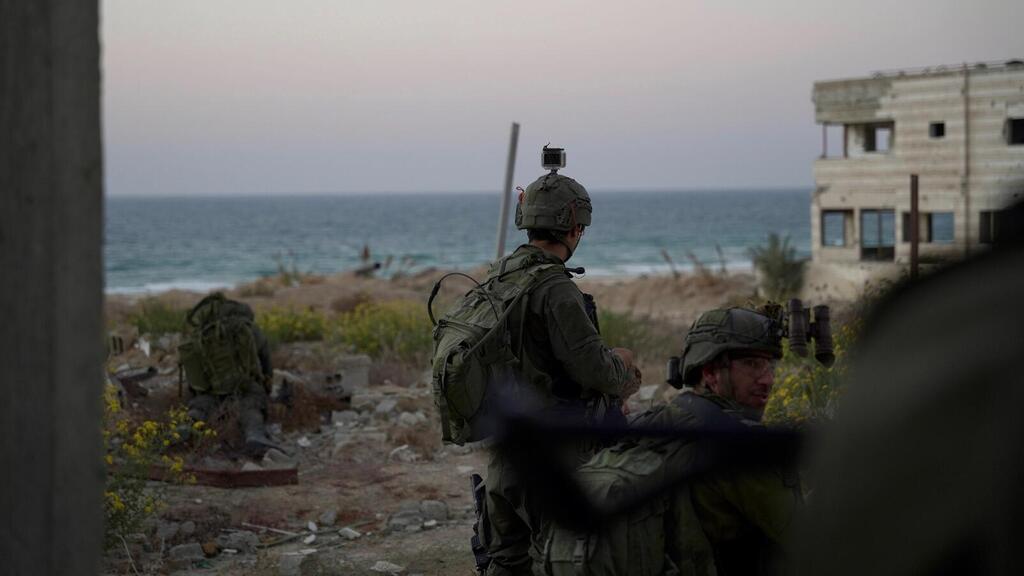Getting your Trinity Audio player ready...
The government will convene on Sunday to discuss extending the emergency order allowing the IDF to call up reservists against the backdrop of Hamas' refusal to extend the first phase of the hostage and cease-fire deal. The order was first approved on October 10, 2023, and has been renewed multiple times throughout the war.
The proposal stated that, like 2024, the year 2025 is expected to be a year of war, with ongoing instability in various combat zones — even in areas currently under cease-fire. "In light of the continued war and the IDF’s personnel needs, it is proposed to approve the order allowing the continued mobilization of reservists under Tzav 8 (emergency call-up) for an additional three months," the document read.
The proposed order, which would remain in effect until May, would authorize the mobilization of up to 400,000 reservists. According to the draft resolution, the measure would "allow reservists currently on active duty to continue serving as required for combat and operational needs until their release date is determined. Additionally, it would enable the recruitment of additional reservists to replace and refresh those previously called up."
IDF reserve troops during the fighting in Lebanon
(IDF)
Alongside the military draft proposal, the government is also set to discuss the approval of coalition funds. On Saturday, Housing and Construction Minister Yitzhak Goldknopf issued a letter to Prime Minister Benjamin Netanyahu, accusing the government of violating coalition agreements.
Get the Ynetnews app on your smartphone: Google Play: https://bit.ly/4eJ37pE | Apple App Store: https://bit.ly/3ZL7iNv
The letter, addressed to Cabinet Secretary Yossi Fuchs under the subject line "Violation of Coalition Agreements," referred to a February 23 meeting in Netanyahu’s office where Finance Minister Bezalel Smotrich reportedly agreed with leaders of the ultra-Orthodox United Torah Judaism and Shas parties to allocate NIS 1 billion ($270 million) for religious institutions, including funding for exempt schools (which are not subject to state curriculum requirements) and an additional NIS 60 million ($16 million) for public institutions via the Welfare Ministry.
2 View gallery


Finance Minister Bezalel Smotrich, Prime Minister Benjamin Netanyahu, Housing and Construction Minister Yitzhak Goldknopf
(Photo: Moti Kimchi, Yariv Katz, Alex Kolomoisky, Reuters)
"Contrary to what was agreed upon, we were surprised to see that these commitments are not reflected in the budget proposal being submitted to the government," Goldknopf wrote.
Meanwhile, tensions persist over the conscription exemption law for ultra-Orthodox men, which remains unresolved. Leading rabbis are holding discussions to form a unified stance, but no consensus has been reached, prolonging the crisis.
The combination of stalled budgets and the ongoing draft exemption dispute has increased friction between ultra-Orthodox parties and the prime minister’s office.







